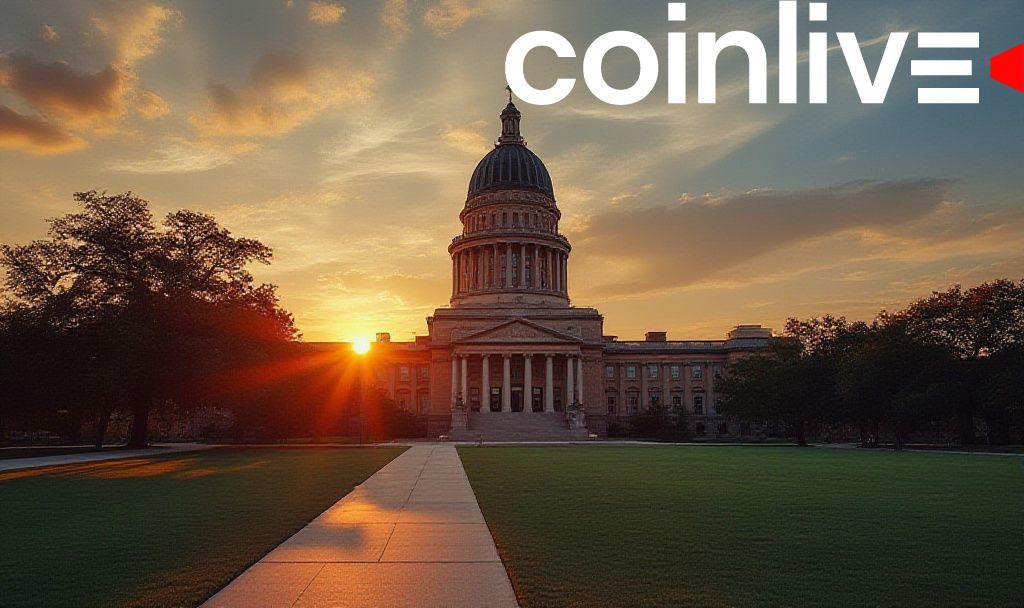- Texas advances Bitcoin reserve, pending governor approval.
- Potential state-level blockchain milestone.
- Market observers watch for precedent-setting effects.
Texas’s move represents significant state-level crypto adoption, signaling potential regulatory shifts and impacting market dynamics.
The Texas legislature recently passed Senate Bill 21, which proposes the establishment of a Bitcoin reserve. This move, still awaiting Governor Greg Abbott’s signature, makes Texas potentially the largest economy to hold Bitcoin as a state reserve.
The bill involves the Texas Comptroller as the reserve’s manager and arose from efforts by the Texas Blockchain Council, led by Lee Bratcher. The legislation creates a legal framework but does not specify immediate Bitcoin allocation.
Market participants anticipate the bill’s implications on Bitcoin’s state-level recognition. Financial markets and blockchain communities are focusing on the direct and indirect impacts of such large-scale government crypto adoption.
Although the bill lacks specific allocation details, it points towards broader regulatory acceptance of crypto assets. As Lee Bratcher, President of the Texas Blockchain Council, noted: “While SB 21 sets up the reserve, separate legislation is being prepared to decide how much Bitcoin the state will actually allocate to the fund. That decision, however, remains pending.” Texas’s role could influence other states or regions to consider similar legislation, potentially altering the cryptocurrency landscape.
The bill’s current form restricts the reserve to Bitcoin, given its market cap criteria. Ethereum and other altcoins do not qualify, which might affect their perceived value in state reserves.
Texas’s initiative parallels smaller-scale efforts by states like New Hampshire. Historical trends show government crypto purchases can spur market interest and minor price fluctuations. Observers speculate on potential regulatory or fiscal outcomes statewide.
